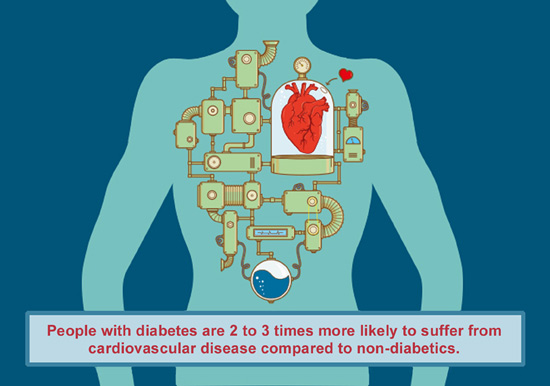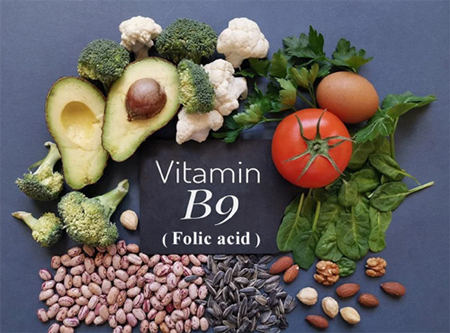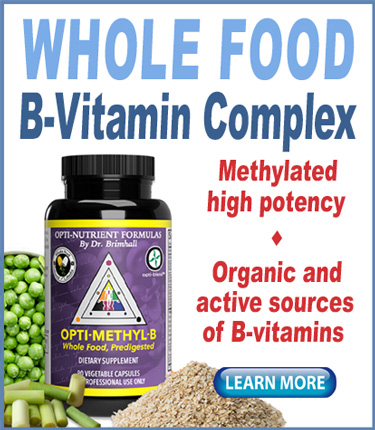A new randomized controlled clinical trial from Egypt found that folic acid supplements lowered cardiovascular risks in patients with type 2 diabetes.
The risk level reduction was determined by measuring how folic acid affects two different indicators—or “markers”—of cardiovascular disease: homocysteine and sortilin.
The two markers were reduced by 28.2% and 33.7% respectively over a 12 week period—good news for diabetics since they are two to three times more likely to be diagnosed with cardiovascular disease compared to people who do not have diabetes.
Homocysteine
In technical terms, homocysteine is a non-proteinogenic amino acid. It is a homologue of the amino acid cysteine, differing by an additional methylene bridge. The body uses folic acid—and other B-vitamins—to recycle homocysteine into methionine or to convert it into the amino acid cysteine (Source: Wikipedia).
If this all sounds complicated, the important thing to know is that high levels of homocysteine in the blood (hyperhomocysteinemia) is regarded as a top marker of cardiovascular disease.
The Egyptian study found folic acid supplements “significantly reduced” circulating serum homocysteine, suggesting it “could have a possible contribution in the primary prevention of cardiovascular events in diabetic patients.”
Sortilin
Additionally, the study found that folic acid also reduced sortilin—the other biomarker for cardiovascular events. Sortilin is a type of protein that is most abundant in the central nervous system.
Sortilin is linked to several pathological processes including inflammation and calcification of arterial wall, insulin resistance, and disrupted lipoprotein metabolism.
The published findings also noted that sortilin is associated with low-density lipoprotein cholesterol levels and also appears to be a key factor in hepatic and muscular response to insulin—indicating a link between insulin resistance and high cholesterol.
Study details
The double-blind trial involved 100 male and female participants aged 45 to 75 years and chosen at random from patients attending the Damanhour National Medical Institute.
Inclusion criteria for patients was confirmed diagnosis of type 2 diabetes. Patients were divided into two groups and received either the placebo or a 5 mg daily dose of folic acid for 12 weeks.
After three month, significant improvements were noted in circulating serum homocysteine and sortilin in the folic acid intervention group.
Folic acid vs. folate vs. vitamin B9
Folate, also known as vitamin B9, is one of the vitamins in the B-vitamin family. Folic acid—which is converted into folate by the body—is created for supplementing and fortification of foods. It is more stable during processing and storage, and can provide high dosages easily.
Folate is required for the body to make DNA and RNA and to metabolize the amino acids necessary for cell division.
Since humans cannot make folate, it is an essential nutrient that must be obtained via the diet or by supplementing. Fortunately folate occurs naturally in many foods; even so, many humans do not consume natural foods regularly, so fail to acquire the recommended daily intake.
The recommended intake is currently set at 400 micrograms; however, this amount is considered inadequate by many nutritional experts.
The study was conducted by researchers from Kafrelsheikh University, Damanhour University and Damanhour Medical National Institute in Egypt. The findings were published in Nutrition & Diabetes in June 2022.
Due to the low sample size and short follow-up period for the study, the researchers considered the work to be preliminary and that further large-scale studies are warranted.
Find folic acid in the following Optimal Health Systems products:
• Opti-Methyl-B
• Optimal Female+B
• Optimal Health Kit
• Optimal Whole Food Vitamin-Mineral
• Opti-Mito-Force
– – –
Sources: Nature.com/Nutrition & Diabetes, Wikipedia/homocysteine.
.



